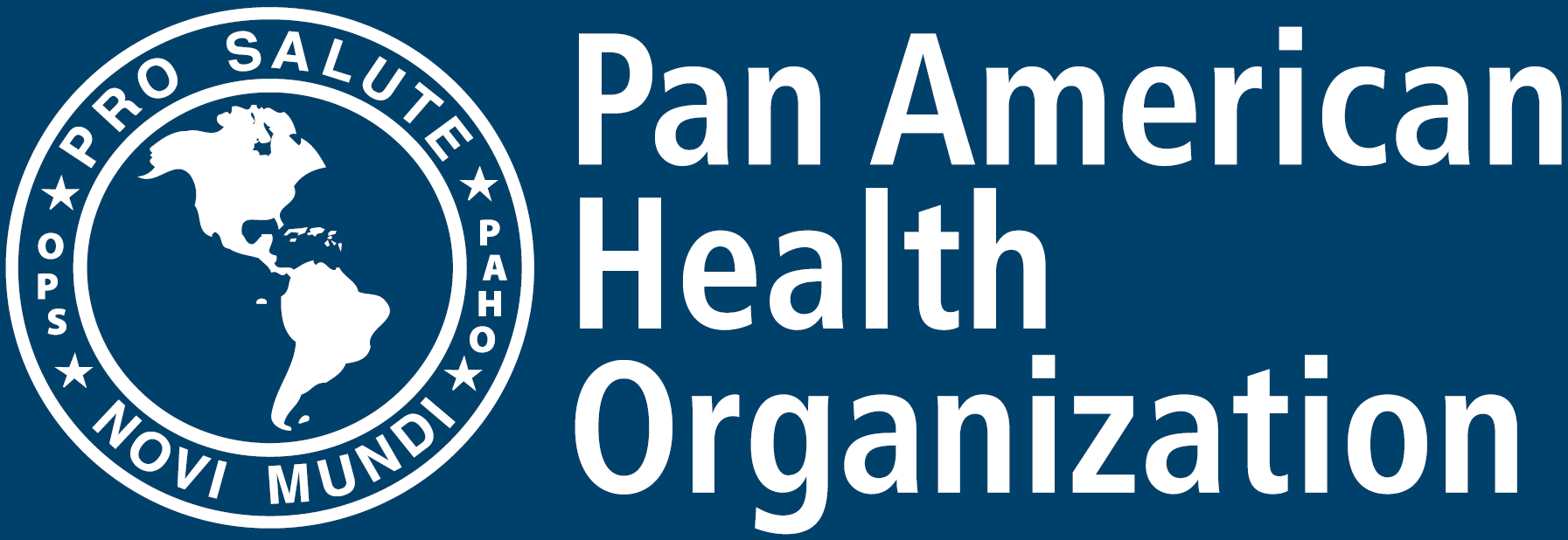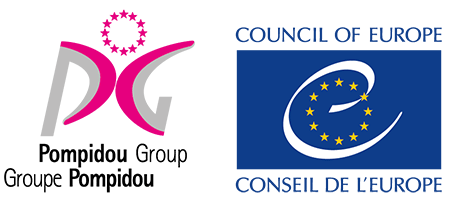The Universal Curriculum on Diversion of controlled medicines – Prevent, Detect, Respond aims at supporting countries, especially low- and middle-income countries, in building their capacity to address the diversion of controlled substances used for medical and scientific purposes. Diversion of these substances can happen at any stage from manufacturing, distribution and even at the final stage – disposal. While prevention, detection, and response to diversion of controlled substances feasible, it requires a multisectoral and multidisciplinary approach.
Tackling the issue of diversion also requires a set of evidence-based national policies as well as, well-trained staff in various settings including health care systems to apply prevention, detection, and response measures.
The Universal Curriculum on Diversion of controlled medicines – Prevent, Detect, Respond contain of a set of trainings aiming at supporting countries in building capacity of work forces in different settings to apply control measures and minimize diversion at early stages with appropriate and effective approaches.
Diversion refers to the movement of controlled medicines from licit to illicit distribution channels or to illicit use. Diversion and subsequent non-medical use of controlled medicines is a significant public health concern, resulting in increased rates of dependence, overdose, and other associated complications.
Diverted controlled drugs/medicines such as pain relievers (mostly opioids), tranquilizers, sedatives, and stimulants are mostly non-medical used by youth and young adults aged 12 to 25 and constitute a major public health issue in the United States and other parts of the world.
According to UNODC’s world drug report, women are the second most affected group due to the higher prevalence of the non-medical of pharmaceutical stimulants as well as opioids and tranquillizers compared to men.
Diversion of controlled medicines is also linked to the limited access for people in need, which in turn fuels phenomenon such as medicines theft, falsified medicines, and corruption in health systems and more. Additionally, doctors and prescribers become hesitant to prescribe controlled medicines, even when clinically indicated, due to fears of enabling diversion. Similarly, pharmacists are usually reluctant to stock controlled medicines due to fears of diversion and consequent non-medical use/misuse of these medications.
Strict drug regulations which aim to prevent the diversion of controlled medicines can pose challenges to the legitimate access to controlled medicines for medical and scientific purposes (treatment of mental health and neurological diseases, cancer related pain and palliative care and, drug use disorders).
Unfortunately, most efforts to reduce the non-medical use/misuse of controlled medicines have focused on the development of specially tailored prevention programs targeting the affected populations and very few countries have developed and implemented comprehensive, multisectoral and multidisciplinary mechanisms to address diversion, enhancing the role of the drug control system through the establishment of national coordination mechanisms.
The Universal Curriculum on Diversion of controlled medicines- Prevent Detect, Respond, will facilitate training of relevant stakeholders therefore allowing the establishment of critical and effective responses at national level and provide countries with the necessary mechanisms to assess, measure, analyze and respond to the diversion phenomenon.
No prior instances of a curriculum or activity like this exist. The INCB (International Narcotics Control Board) has created a capacity-building learning program called INCB Learning, designed to train health regulators in meeting INCB requirements for national quotas. However, this program primarily focuses on preparing countries to fulfil their commitments to INCB and there is no national support from any other International Organizations to support countries in addressing challenges ties to controlled substances/medicines including diversion of those medicines at national level. Despite the worldwide demand, there is currently no global training and curriculum with a comprehensive, health-based, and multisectoral approach.
The Universal Curriculum on Diversion of controlled medicines- Prevent Detect, Respond, will facilitate training of relevant stakeholders therefore allowing the establishment of critical and effective responses at national level and provide countries with the necessary mechanisms to assess, measure, analyse and respond to the diversion phenomenon.
Target audience: Drug control authorities; health regulators; prescribers; pharmacists; end users (patents/families/communities).
Training of Trainers: a) Professional title related to the drug control system; b) More than 2 years’ experience in the specific filed in which the subject will be trained: public policy, Management, Coordination of drug control related activities, drug supply experts, drug demand reduction experts, prescribers (oncologist, mental health, neurologists, nurses, social workers), pharmacists, NGO staff.
The availability for a Universal Curriculum on Diversion of controlled medicines and training of relevant stakeholders involved will not only allow the authorities and policy makers to develop of standardized, science-based and effective strategies to prevent, detect and respond to this phenomenon but also will enable countries to apply these preventive measure in different settings and stages and contribute to reduction of the supply of controlled substances/medicines that end in the illicit markets.
The drug control system, regulatory bodies, health systems, health professionals, pharmacists and patients will benefit from having key tools necessary to enhance the knowledge, skills, and methodology in various sectors to put together coordinated response to diversion of controlled drugs/medicines.
Finally, non-medical use and misuse of controlled medicines will decrease due to reduced supply, with the benefit to youth, young adults, women, and the general population at large.
Current State Participants
As such curriculum doesn’t exist, no government or stakeholders have so far participated however, there is increasing interest in this topic has the UNODC team has been disseminating the need for such tool.
Dr. Elizabeth SAENZ, Programme Officer at the United Nations Office on Drugs and Crime (elizabeth [dot] saenz [at] un [dot] org (elizabeth[dot]saenz[at]un[dot]org))




